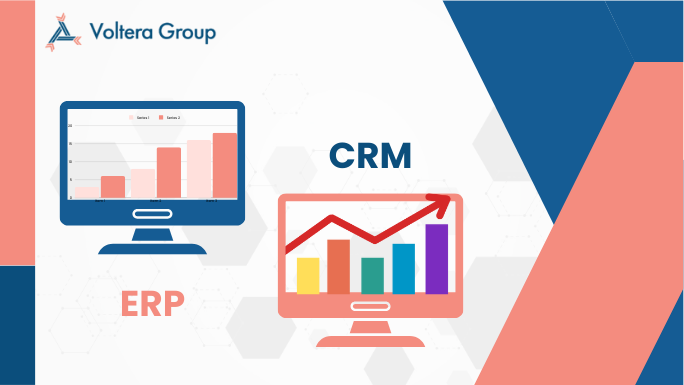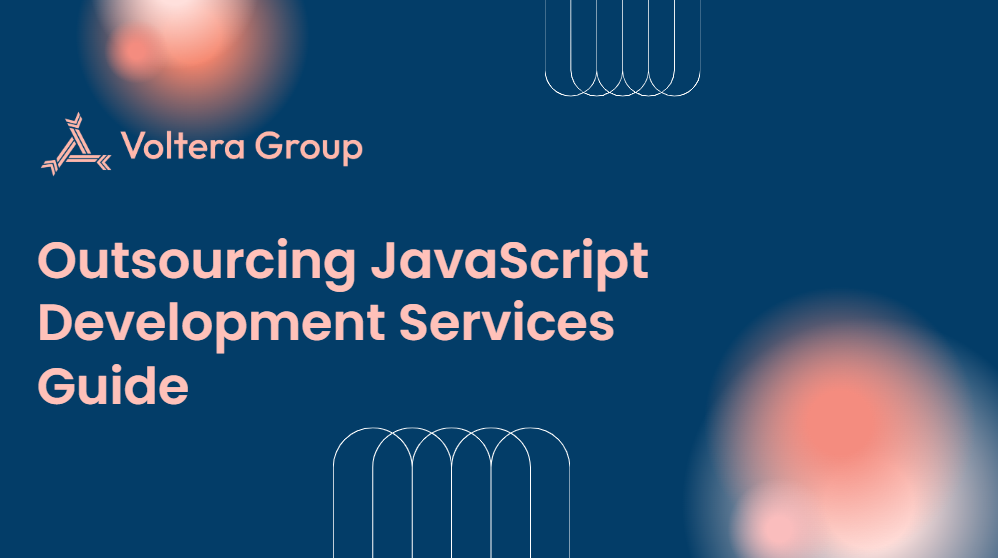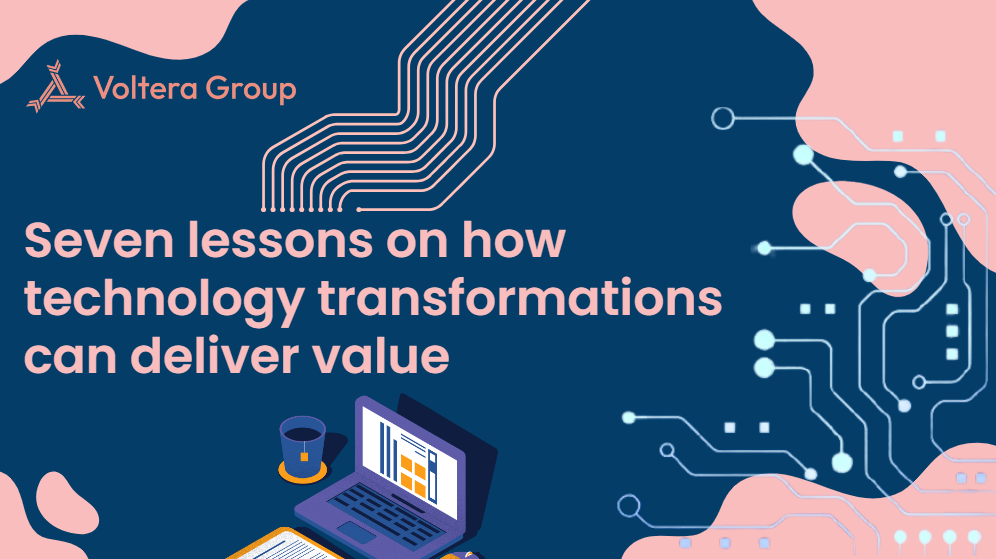Market size and growth
- From 2021 to 2028, the global ERP market is projected to expand at a compound annual growth rate (CAGR) of 9.6% from its 2020 valuation of $44.9 billion.
- From 2021 to 2028, the global CRM market is projected to have grown at a compound annual growth rate (CAGR) of 13.2% from its 2020 valuation of $48.2 billion.
Industry-specific applications
- 63% of organisations use industry-specific ERP software, while 44% use industry-specific CRM software, according to an IDC survey.
- Industry-specific CRM software is mainly used in retail (61%) and professional services (58%), but industry-specific ERP software is more common in manufacturing (80%) and wholesale distribution (77%).
Defining CRM and ERP

Key Differences
Focus
While ERP covers a variety of organisational departments and tasks, CRM is primarily concerned with managing customer interactions and relationships.
Scope
ERP systems provide a wider range of functions, encompassing everything from production planning to finance, whereas CRM systems are more focused on improving customer experience and increasing sales.
Data Integration
ERP systems provide an all-encompassing perspective of organisational operations by integrating data from multiple departments, whereas CRM systems concentrate mostly on client data.
Functionalities
While ERP systems offer modules for finance, HR, inventory control and other areas, CRM systems often incorporate capabilities like lead management, sales automation and customer service tools.
Choosing the Right Solution
Purchasing a strong CRM system is advised for companies that place a high priority on expanding their customer base and increasing sales.
ERP solutions may be more appropriate for businesses looking to improve resource management, achieve operational efficiency and streamline internal operations.
By combining the advantages of both CRM and ERP systems, some companies may be able to maximise overall business performance.
Final Thoughts
Keeping up with the newest advances and trends in web design is crucial to building engaging and user-friendly websites as the field continues to grow. With their emphasis on bold font, dynamic micro-interactions, dark mode and minimalist aesthetics, these trends in web design provide countless chances for creativity and innovation. Through the integration of these trends into their projects, designers may produce websites that, in the current digital landscape, not only look amazing but also offer remarkable user experiences.





